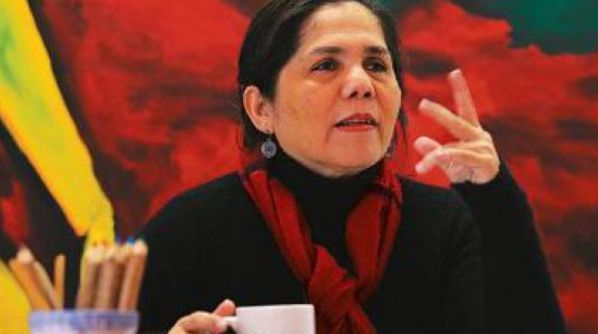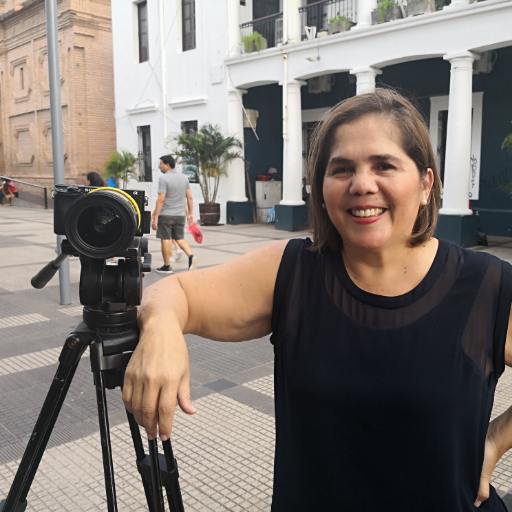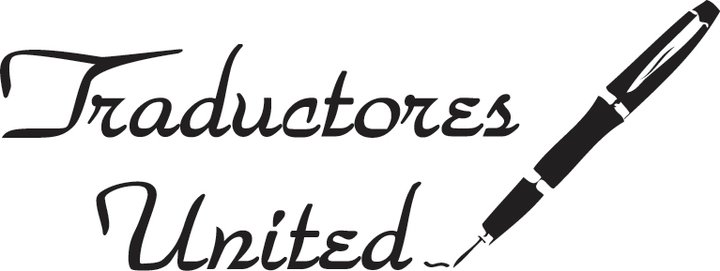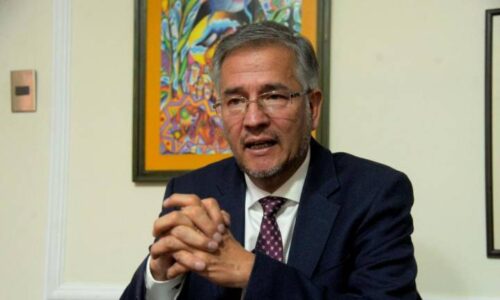

Journalist
21 November 2021
Much more than just occupational hazards
It is already known that each profession has its own barriers or difficulties to be overcome by those who exercise it. They are barriers and difficulties, we could say, specific to each one of them, according to their nature. These barriers and difficulties are faced by park rangers in the middle of lonely and inhospitable places, firefighters or doctors when attending an emergency, parliamentarians or public officials in their interventions, press workers when investigating the facts in search of the truth. And the list of examples continues of what we usually say that they are just occupational hazards. Only that, for some time now, barriers or difficulties are no longer simple occupational hazards, but major obstacles turned into serious threats.
What was seen in the Las Londras case helps to illustrate what was said: a score of people, including six press workers and four policemen, including no less than the Chiquitania Commander, were kidnapped and subjected to seven hours of verbal and physical torture by an armed group that did not hesitate in shooting many times, destroying press kits, and damaging the vehicles used to reach the scene. The Police Commander fainted from the blows he received and another of the troops had to be admitted to a medical center, with three broken ribs, according to the testimony given by each of those affected by the violence.
This violence is no longer just an occupational hazard, neither for policemen, nor for journalists, because it is not only about difficulties or risks that are part of both professions, but rather a criminal action that is being undermined, and probably encouraged, by officials of the State institutions, which are rather called to protect citizens, everyone without a single exception, and to ensure constitutional guarantees for the exercise of their work. It is the evidence of this arrangement from the State bodies that leads to affirming that it is no longer a question of occupational hazards, but of real and serious threats, which can even be lethal, which are facing –in this case– policemen and journalists.
I am going to emphasize the case of the press workers, because it is no longer an isolated case and, furthermore, because of the danger that this reality entails for freedom of press and expression in Bolivia and, therefore, for democracy. It is clear that there is an excessive desire to restrict the work of the media as much as possible and thus prevent irregular events that are occurring in the country from coming to light, under the protection and encouragement of the ruling party. They will say that in this effort there are many more, and that is also true: power, be it political or economic, is uncomfortable with the control of their actions and that what they often hide is revealed. But in recent times, it is also evident that this desire is greater and with more violence from the central power.
It is not just about what was seen in Las Londras. This violence at the hands of irregular groups, which also threatens other sectors of civil society, as has already been denounced by firefighters, park rangers, and indigenous peoples who suffer the illegal occupation of their lands and territories, is also perceived in other areas and through other manifestations, such as verbal violence, of which there are plenty of examples among the official spokespersons who do not tire of feeding feelings of hatred and resentment among their peers. Undoubtedly, this type of violence is part of the statement of a supranational MAS deputy in which he advocates economic asphyxiation of the media that do not submit to the official account of the events. Threats that are increasing in tone and aggravate a problem that no longer concerns only the media or press workers, but also society, because information, recognized as a common good by UNESCO, is at risk.
A major problem to which we should give the greatest possible attention, not only in a testimonial way, with verbal complaints or public pronouncements, but with de facto and coordinated actions among all institutions and sectors of civil society. Something that will have to begin by demanding the media themselves, whose owners seem to have not yet perceived the real danger that their companies are at as a business, as their main capital is in serious danger, which is none other than human capital, its workforce, which makes it possible to reach their audiences and sponsors with information.
We are in a high-risk situation. The threat against freedom of press and expression is real; it is not a fictional story. That this threat does not reach greater proportions. Let it be stopped now! There is no time to lose. In reality, we have already wasted too much time waiting for the actions of authorities and institutions called by law to stop and punish the excesses of those who have passed, without any dissimulation, from threatening to the consummation of these threats. And it is good to note: here we all lose.
Source: https://eldeber.com.bo/opinion/mucho-mas-que-solo-gajes-del-oficio_255806




